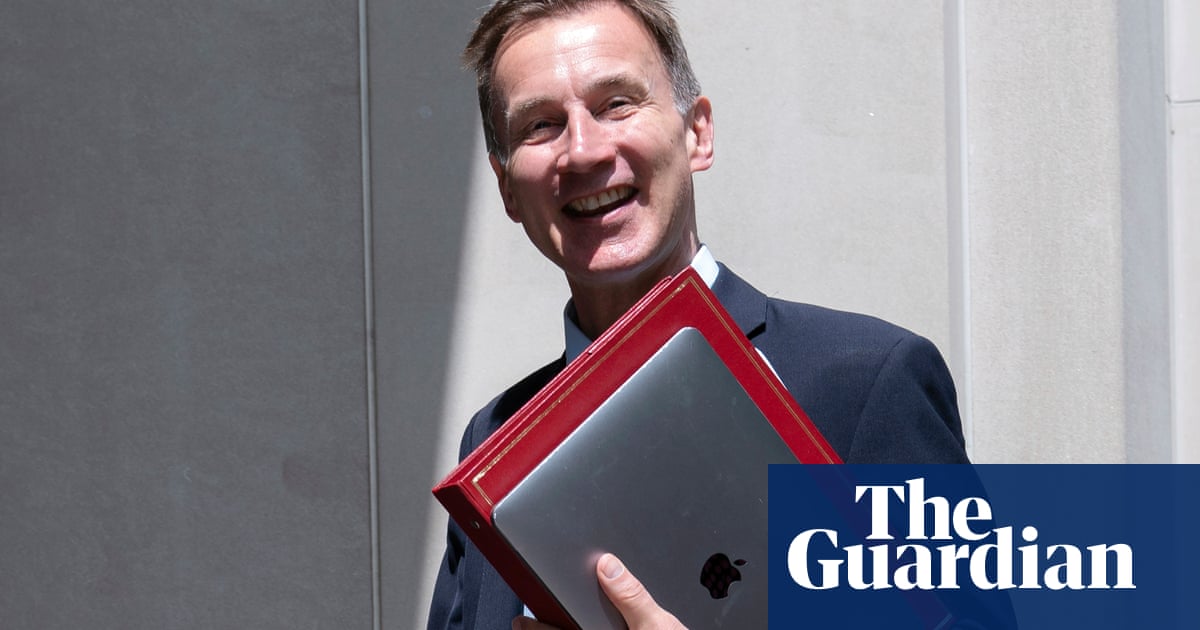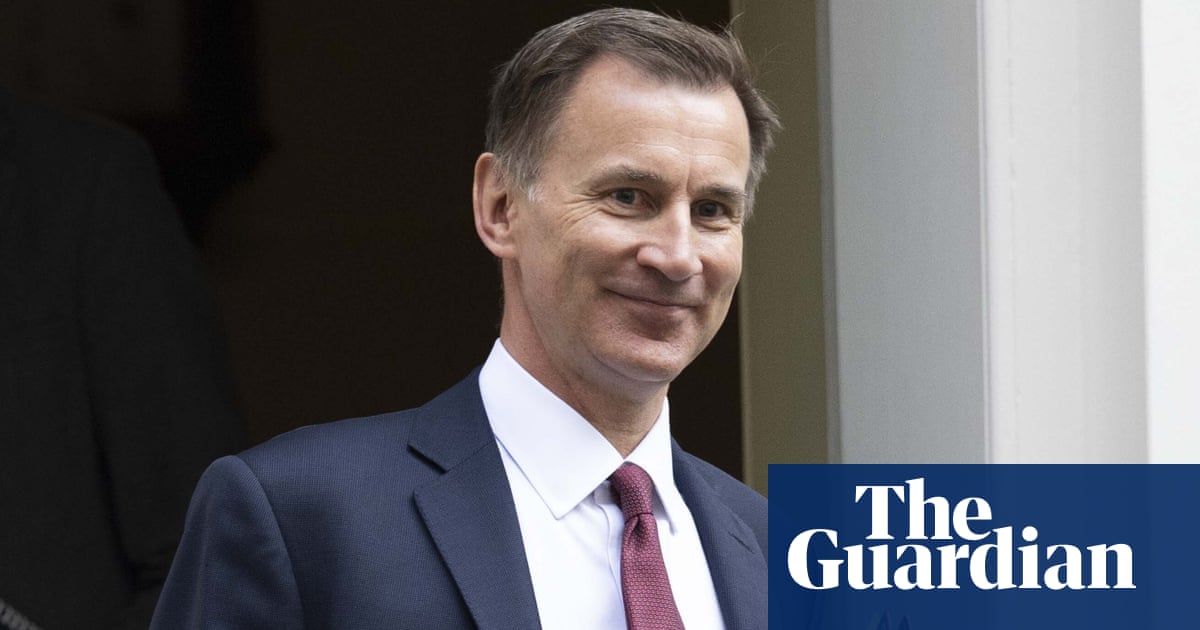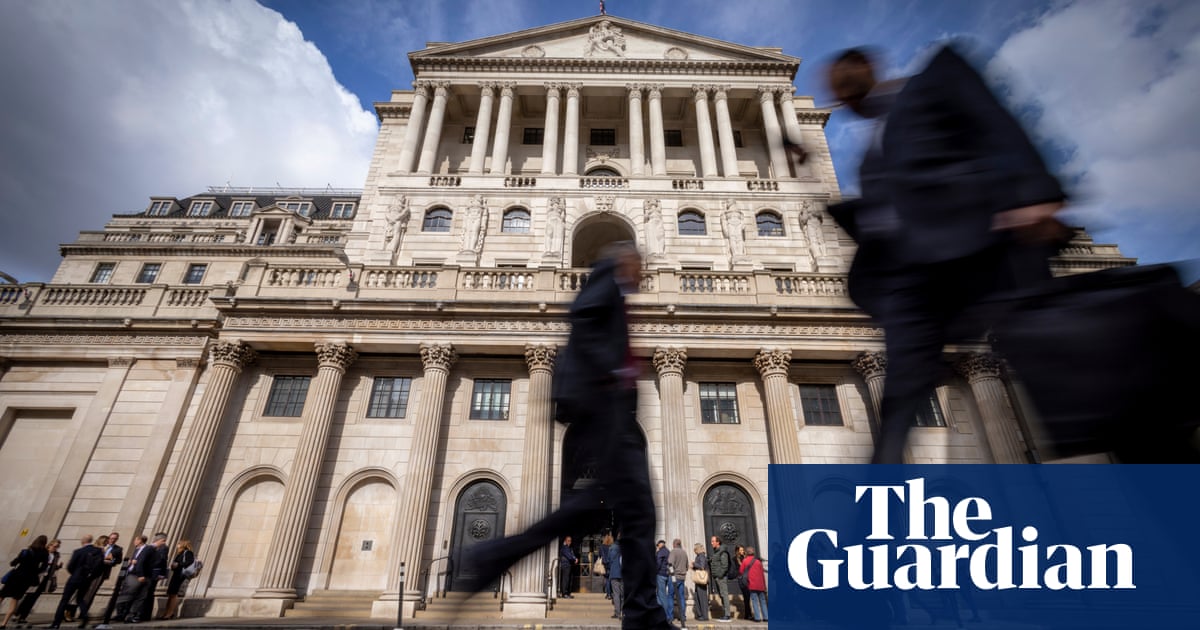
Jeremy Hunt’s autumn statement is expected to bring further degradation of public services, with even those given extra funds, such as schools and the NHS, unlikely to catch up from the damage caused by Covid, a leading thinktank has said.
The Institute for Government (IfG) said the statement, given last week, and billed by the chancellor as generous in the circumstances, was deliberately frontloaded, leaving any government after 2024 with some hugely difficult spending decisions.
Its report also says less protected services, notably the criminal justice system, are likely to face effective cuts, with the sector unlikely to see reductions to courts backlogs or overcrowding in prisons.
Hunt’s decision to put off most spending curbs for two years from now “leaves some very difficult spending decisions for the next government, whoever that may be”, the report says.
Nick Davies, the IfG’s programme director, and one of the report’s authors, said: “Most services will be performing worse in 2025 than they were 15 years earlier – with devastating consequences for the people who rely on them. This is a poisoned inheritance for whoever forms the next government.”
It is unclear, the report’s authors say, whether it will be “politically sustainable for the next government to hold down public spending in line with Hunt’s plans”. There will be issues caused by the £22bn of cuts in day-to-day spending scheduled for the 2025-26 and 2027-28 financial years, and other factors, the IfG says.
One issue highlighted is the continued slow recovery of public services from the impact of the Covid-19 pandemic. Another is pay, which accounts for more than half of public-sector budgets. With significant pressure for higher pay, and the likelihood of strikes if this does not happen, headline figures showing seemingly generous spending settlements could mean little actual improvement.
Areas given extra money, such as the NHS, schools and local government, should be able to meet demands caused by demographic changes and inflationary pressures, the report says. “But they will struggle to do much more than that. In each, performance is currently far below pre-pandemic levels and the money provided is unlikely to be sufficient to return them to those levels.”
With criminal justice, in particular, an already scheduled small real-terms increase in funding over the next two years will mean demand is “likely to outstrip spending by a sizeable margin”.
The authors say: “Prisons and courts are in a particularly dire state, with problems felt before the pandemic badly exacerbated by it, and the spending decisions announced in the autumn statement mean there is little prospect of making meaningful reductions to the crown court backlog or of safely housing the expected increase in prisoner numbers.”
By contrast, the report says, the promised extra £3.3bn for the NHS, aimed at reducing waiting times for ambulances and A&E, and better access to GPs, should deal with the rising demand – though it seems very unlikely to be enough to tackle backlogs, or to resolve longer-term staff recruitment and retention problems.
Similarly, a funding boost to the schools budget will restore core per-pupil funding to real-terms 2010 levels by 2023-24, the IfG says. However, this will probably not cover expected pay awards, and is “also unlikely to make up for learning lost during the pandemic – the schools’ equivalent to the ‘backlog’ felt in other services”.












